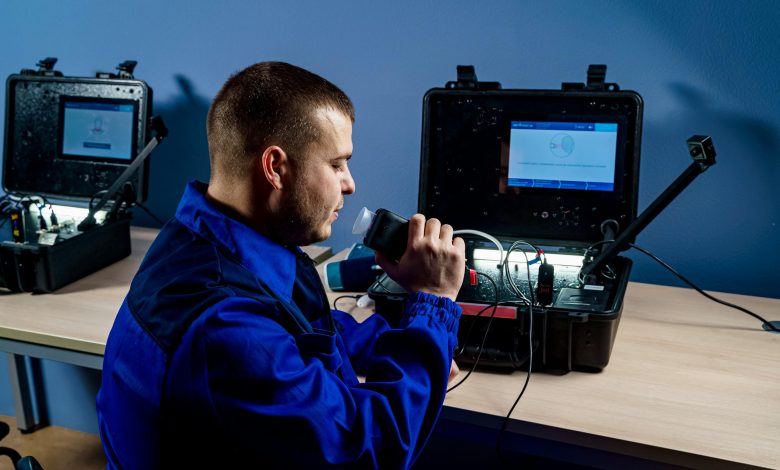
Exploring the Core of Modern Energy Management: The Business Activities of an Electronic System Operator (PSE)
In today’s energy-dependent world, the role of an Electronic System Operator (ESO) such as PSE (Polskie Sieci Elektroenergetyczne) is critical. These operators ensure that electricity flows smoothly and reliably across vast networks, connecting producers, distributors, and consumers. Let’s take a closer look at PSE’s key business activities and how they shape the energy landscape.
What is PSE?
PSE is Poland’s Transmission System Operator (TSO), responsible for managing the country’s high-voltage electricity network. Its mission extends beyond just keeping the lights on—it also focuses on energy security, market efficiency, and integrating renewable energy sources into the grid.
Core Business Activities of PSE
1. Maintaining Grid Stability
Electricity must be delivered in real-time because it cannot be stored at scale (at least not easily). PSE ensures the balance between supply and demand every second of the day. This involves:
- Monitoring the grid in real-time.
- Adjusting power flows to avoid overloads.
- Deploying reserve power during emergencies.
2. Energy Market Operations
PSE plays a key role in supporting competitive energy markets. It ensures equal access to the grid for all market participants, including energy producers, distributors, and industrial consumers. Some of its market activities include:
- Managing cross-border electricity trade.
- Running auctions for transmission capacity.
- Facilitating transparent market settlements.
3. Infrastructure Development
To keep pace with growing energy demands and the transition to renewables, PSE invests heavily in modernizing and expanding Poland’s transmission infrastructure. This includes:
- Building new high-voltage lines and substations.
- Upgrading existing infrastructure to reduce energy losses.
- Integrating renewable energy sources like wind and solar into the grid.
4. Renewable Energy Integration
Poland’s energy landscape is undergoing a significant transformation, with renewables playing an increasingly important role. PSE is at the forefront of this shift by:
- Developing systems for handling fluctuating renewable output.
- Supporting policies for decarbonizing the energy sector.
- Partnering with international TSOs for cross-border renewable energy flows.
5. Crisis Management and Security
From cyberattacks to natural disasters, grid disruptions can have widespread consequences. PSE has robust measures to address these challenges:
- Implementing advanced cybersecurity protocols.
- Ensuring energy supply during blackouts or emergencies.
- Collaborating with government and regional bodies for disaster preparedness.
Challenges and Innovations
As energy systems evolve, PSE faces challenges such as integrating decentralized energy sources, managing demand fluctuations, and meeting climate goals. However, these challenges are also driving innovation:
- Smart Grids: PSE invests in digital technologies that allow real-time monitoring and automation of the grid.
- Energy Storage: Exploring battery and other storage technologies to stabilize renewable energy output.
- Decarbonization Initiatives: Collaborating with industries to reduce carbon footprints while ensuring energy reliability.
Why PSE’s Work Matters
The activities of PSE impact every aspect of modern life. Reliable electricity powers our homes, industries, hospitals, and digital infrastructure. By ensuring efficient and sustainable energy management, PSE supports economic growth, environmental goals, and energy security for Poland and beyond.



